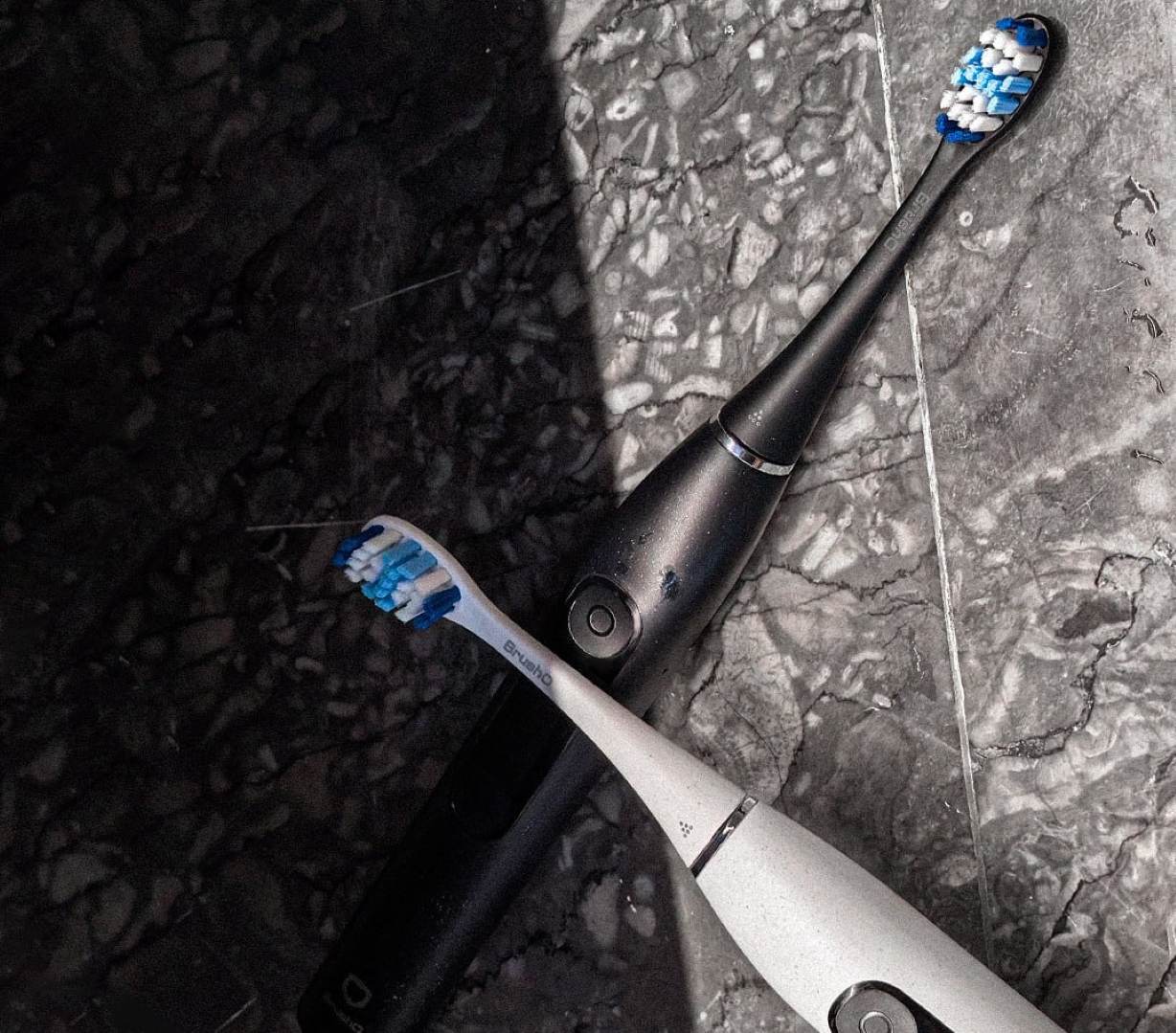Back
Do You Need a Timer in an Electric Toothbrush?8h ago
8h ago
Do you need a timer in an electric toothbrush? Many people wonder if it’s a gimmick or an essential feature. Dentists recommend brushing for at least two minutes, but most people stop early without realizing it. A built-in timer ensures you brush for the recommended duration, cover every surface, and avoid both under- and over-brushing. In this article, we’ll explore why timers matter, what dentists say, and how the BrushO AI-Powered Toothbrush uses smart reminders to make brushing more effective.

Why the 2-Minute Rule Matters
Dental experts worldwide recommend brushing for two minutes, twice a day. Why?
Less than 2 minutes leaves plaque behind.
Over time, incomplete brushing leads to cavities and gum disease.
Kids and even adults often stop brushing after just 60 seconds.
👉 A toothbrush timer takes the guesswork out and ensures consistency.
How Electric Toothbrush Timers Work
Modern electric toothbrushes come with built-in timers:
2-minute countdowns → Guide you through the full routine.
30-second intervals → Remind you to switch quadrants (top-left, top-right, bottom-left, bottom-right).
Smart pauses or vibrations → Let you know when to move on.
These small reminders make a big difference in oral health outcomes.
Common Brushing Mistakes Without a Timer
Stopping too soon → Brushing only 45–60 seconds.
Ignoring some zones → Missing molars or gumline areas.
Over-brushing → Going too long or too hard, causing gum irritation.
👉 Timers help users stay balanced: not too short, not too long.
BrushO: Smarter Timing, Smarter Brushing
The BrushO AI-Powered Electric Toothbrush doesn’t just count minutes—it makes every second count:
Smart Timer → Ensures a full 2-minute session.
30-Second Quadrant Alerts → Guarantee equal coverage across your mouth.
Pressure Sensor + Timer Combo → Prevents brushing too hard for too long.
9 Brushing Modes → From Sensitive to Whitening, each optimized with smart timing.
AI Feedback in the App → Shows how consistent your sessions are and helps improve over time.
This makes BrushO more than a toothbrush—it’s a personal brushing coach.
What Dentists Say
Dentists emphasize that timers improve compliance:
Patients with electric toothbrush timers are more likely to brush for the full 2 minutes.
Consistency reduces plaque buildup and lowers the risk of gum disease.
Smart timers build better habits, especially for kids and orthodontic patients.
FAQ: Toothbrush Timers
Q1: Is a timer necessary in every electric toothbrush?
Yes. Without one, most people brush less than the recommended 2 minutes.
Q2: Do timers stop the brush automatically?
Some do. BrushO keeps brushing but vibrates at intervals to guide you.
Q3: Can a timer prevent gum damage?
Indirectly. By keeping sessions consistent and pairing with BrushO’s pressure sensor, timers help protect gums.
So, do you really need a timer in an electric toothbrush? The answer is yes. A timer ensures you brush long enough, evenly, and safely—transforming an everyday habit into effective oral care.
With its AI-powered timer, pressure sensors, and quadrant reminders, the BrushO Toothbrush makes brushing smarter, easier, and more reliable.
